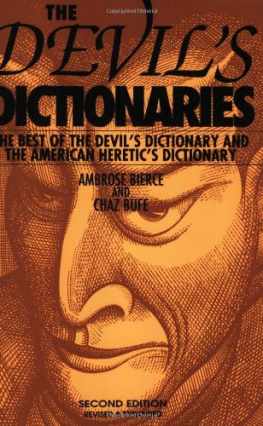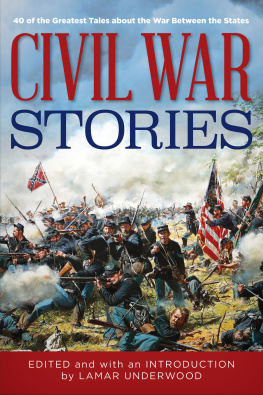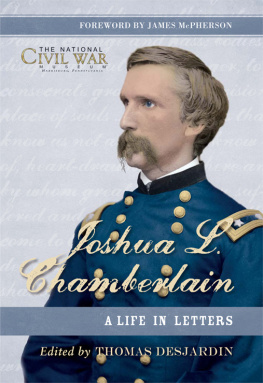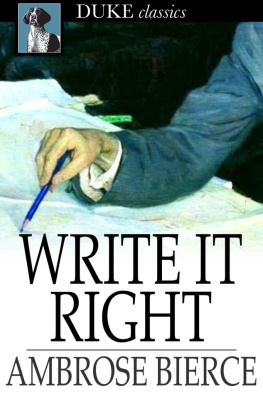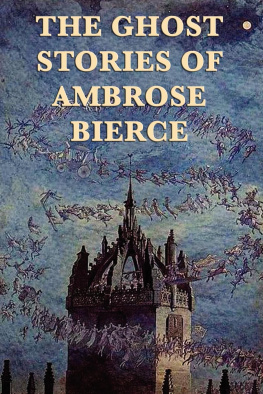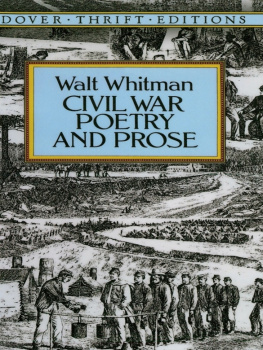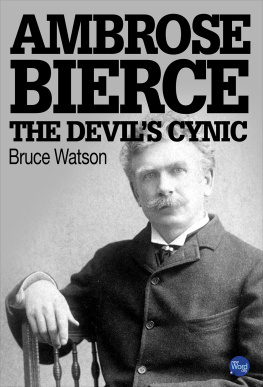Belligerent Muse
CIVIL WAR AMERICA
Gary W. Gallagher, Peter S. Carmichael, Caroline E. Janney, and Aaron Sheehan-Dean, editors
This landmark series interprets broadly the history and culture of the Civil War era through the long nineteenth century and beyond. Drawing on diverse approaches and methods, the series publishes historical works that explore all aspects of the war, biographies of leading commanders, and tactical and campaign studies, along with select editions of primary sources. Together, these books shed new light on an era that remains central to our understanding of American and world history.
2014 THE UNIVERSITY OF NORTH CAROLINA PRESS
All rights reserved. Designed by Sally Scruggs. Set in Miller by codeMantra. Manufactured in the United States of America. The paper in this book meets the guidelines for permanence and durability of the Committee on Production Guidelines for Book Longevity of the Council on Library Resources. The University of North Carolina Press has been a member of the Green Press Initiative since 2003.
Library of Congress Cataloging-in-Publication Data
Cushman, Stephen, 1956
Belligerent muse : five northern writers and how they shaped our understanding of the Civil War / Stephen Cushman ; foreword by Gary W. Gallagher.
pages cm. (Civil War America)
Includes bibliographical references and index.
ISBN 978-1-4696-1877-7 (cloth : alk. paper)
ISBN 978-1-4696-1878-4 (ebook)
1. United StatesHistoryCivil War, 18611865Historiography.
2. Lincoln, Abraham, 18091865Influence. 3. Whitman, Walt, 18191892Influence. 4. Sherman, William T. (William Tecumseh), 18201891Influence. 5. Bierce, Ambrose, 18421914?Influence. 6. Chamberlain, Joshua Lawrence, 18281914Influence. I. Title.
E468.5.C94 2014
973.7072dc23
2014013884
Portions of this work have appeared previously, in somewhat different form, as Ambrose Bierce, Chickamauga, and Ways to Write History, in Gateway to the Confederacy: New Perspectives on the Chickamauga and Chattanooga Campaigns, 18621863, ed. Evan Jones and Wiley Sword (Baton Rouge: Louisiana State University Press), copyright 2014 by Louisiana State University Press and reprinted with permission of Louisiana State University Press; Lincolns Gettysburg Address and Second Inaugural Address, in The Cambridge Companion to Abraham Lincoln, ed. Shirley Samuels (New York: Cambridge University Press, 2012); Walt Whitmans Real Wars, in Wars within a War: Controversy and Conflict over the American Civil War, ed. Joan Waugh and Gary W. Gallagher (Chapel Hill: University of North Carolina Press, 2009); and When Lincoln Met Emerson, Journal of the Civil War Era 3, no. 2 (June 2013).
18 17 16 15 14 5 4 3 2 1
For those who learn and those who teach
Contents
CHAPTER ONE
When Lincoln Met Emerson, and the Two Addresses
CHAPTER TWO
Walt Whitmans Real Wars
CHAPTER THREE
Sherman the Writer
CHAPTER FOUR
Ambrose Bierce, Chickamauga, and Ways to Write History
CHAPTER FIVE
Joshua Lawrence Chamberlain Repeats Appomattox
Foreword
I always have admired William Tecumseh Shermans Memoirs. Second only to his friend U. S. Grant among Union military heroes, Sherman lacked an effective filter between his brain and either his mouth or his penwhich renders him both fascinating and eminently quotable. I have quoted the Memoirs in various things I have written and frequently urged others to explore their pages. If asked a year ago whether I had a good command of the text, I would have answered in the affirmative. Then I read Stephen Cushmans essay that appears here, an exercise that yielded great enjoyment but also left me chastened. The analysis breathed such new life into the Memoirs, and into Sherman himself, that I wondered how I could have missed so much.
All of the chapters in Belligerent Muse inspired similar reactions. Amid the welter of books on diverse aspects of the Civil War published over the past two decades or so, there is nothing quite like this work. Cushman places himself in the tradition of Edmund Wilsons Patriotic Gore: Studies in the Literature of the American Civil War (1962), George M. Fredricksons The Inner Civil War: Northern Intellectuals and the Crisis of the Union (1965), and Daniel Aarons The Unwritten War: American Writers and the Civil War (1973), which is accurate in some ways but a bit deceptive in others. Most obviously, Cushman takes more seriously, and knows far more about, the military side of the conflict than any of those three authors. That is important for one who writes about William Tecumseh Sherman, Ambrose Bierce, and Joshua Lawrence Chamberlainas well as about Abraham Lincoln and Walt Whitman in the midst of overwhelming military events. Cushman combines in unusual fashionperhaps unique, I would saypoetic and literary credentials of the first order and serious engagement with the historical literature of the war, though I suspect he would make only modest claims about his mastery of the latter.
Belligerent Muse ties the insights and contributions of military historians to literary sensibilities in ways no one other than Cushman, at least as far as I know, has attempted. It draws on the sometimes abstract and theoretical work of academic departments of English (without descending into the often incomprehensible jargon of that world) while also embracing the pragmatic and empirical work of professional military historians and the writings of amateur historians, many of them talented but best known to those who attend Civil War Round Table meetings and other nonacademic study groups and conferences. To a degree not present in other works I have encountered that deal with literary figures and the war, this study acknowledges the importance of understanding military organizations and events on the battlefield if one intends a productive analysis of writings that touch on martial dimensions of the war.
I will return briefly to Sherman to say that I find many parts of his Memoirs very evocative. None exceeds his description of how, as his veterans began the March to the Sea on November 16, 1864, he paused on a piece of high ground to take in the scene: Behind us lay Atlanta, smouldering and in ruins, the black smoke rising high in air, and hanging like a pall over the ruined city. The moment quickly passed: Then we turned our horses heads to the east; Atlanta was soon lost behind the screen of trees, and became a thing of the past. Around it clings many a thought of desperate battle, of hope and fear, that now seem like the memory of a dream; and I have never seen the place since. The day was extremely beautiful, clear sunlight, with bracing air, and an unusual feeling of exhilaration seemed to pervade all mindsa feeling of something to come, vague and undefined, still full of venture and intense interest.
Above all, Cushman reminds us that historical sources may also be literary workssometimes very self-consciously both when they come from pens such as Shermans and deal with material so dramatic as commencing the campaign from Atlanta to Savannah. Belligerent Muse reveals the rich possibilities of work that transcends the narrow conception of specialties so common in the academic world. Historians and literary scholars alike, as well as lay readers drawn to the blood-soaked moment of truth for the American nation, will discover fresh and revealing material in the pages that follow. Joining Cushman as he traverses the wars landscape in the company of the president of the United States, a poet and sometime hospital volunteer, a general in the regular army, and two volunteer military officers yields, to borrow directly from Sherman, an experience full of venture and intense interest.
Next page

